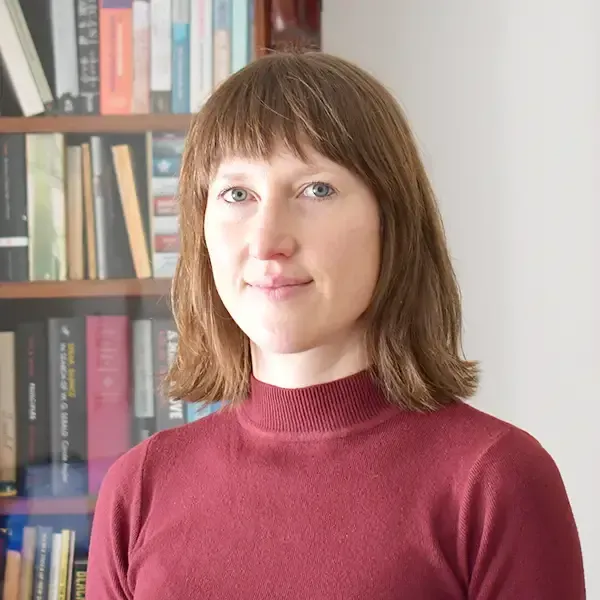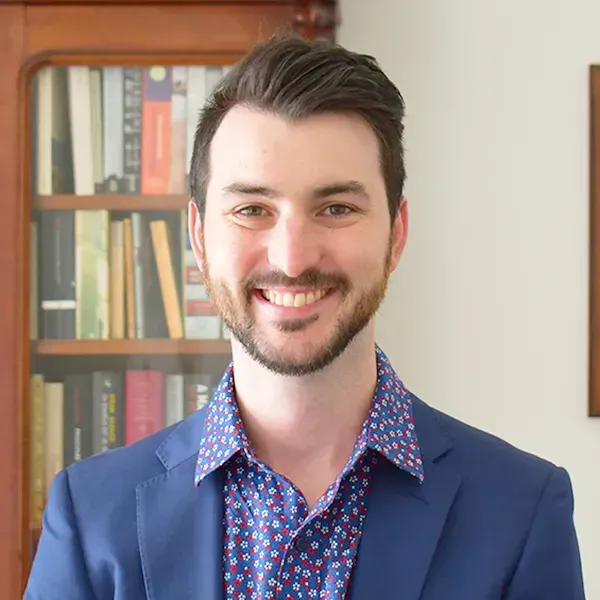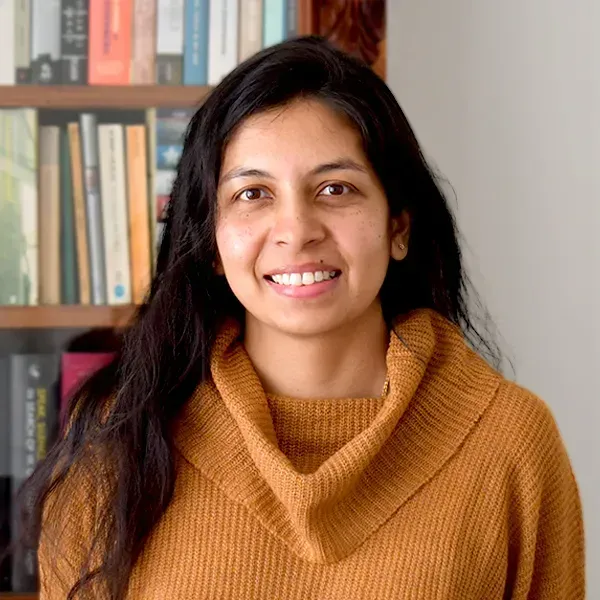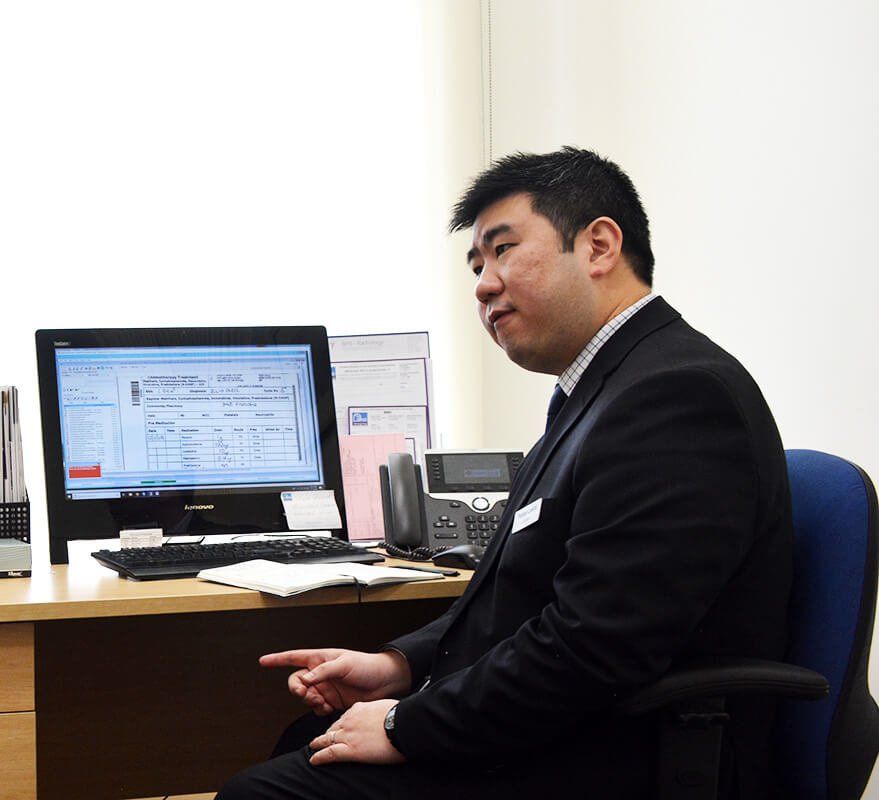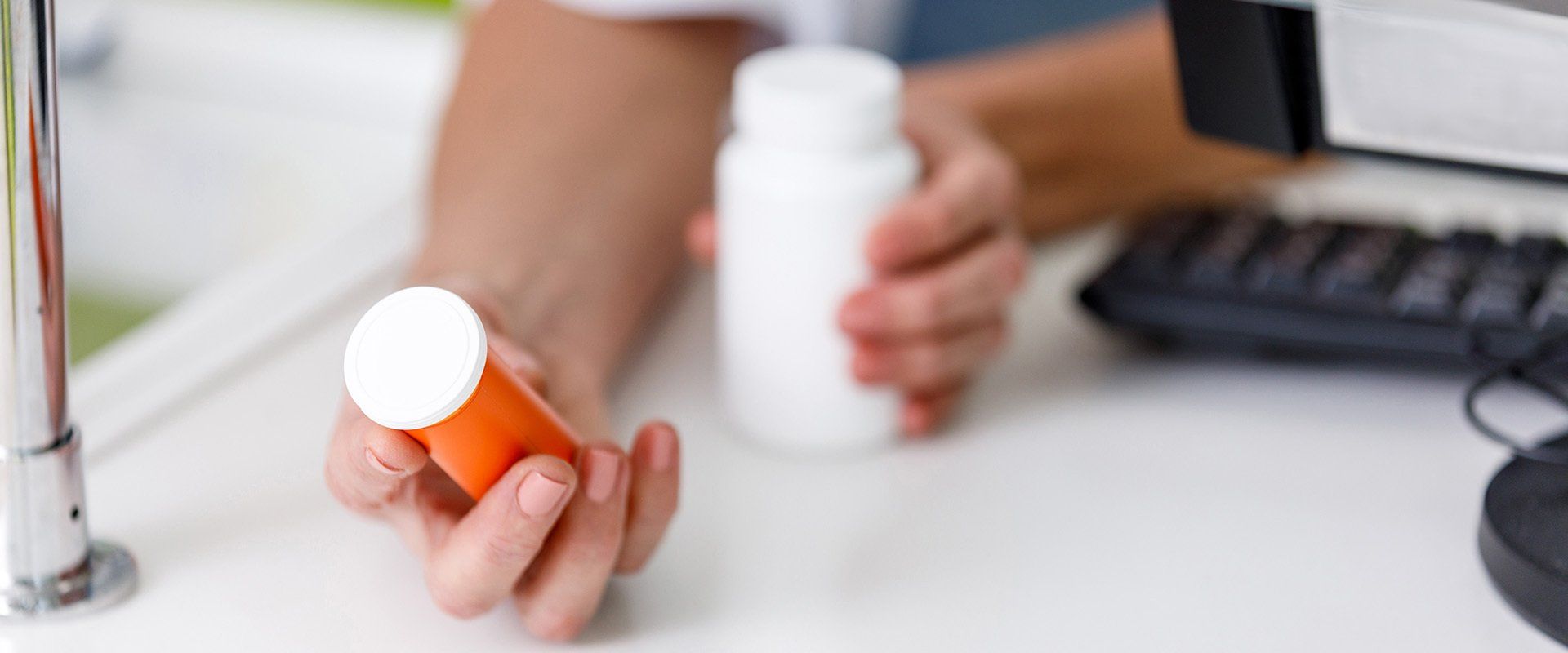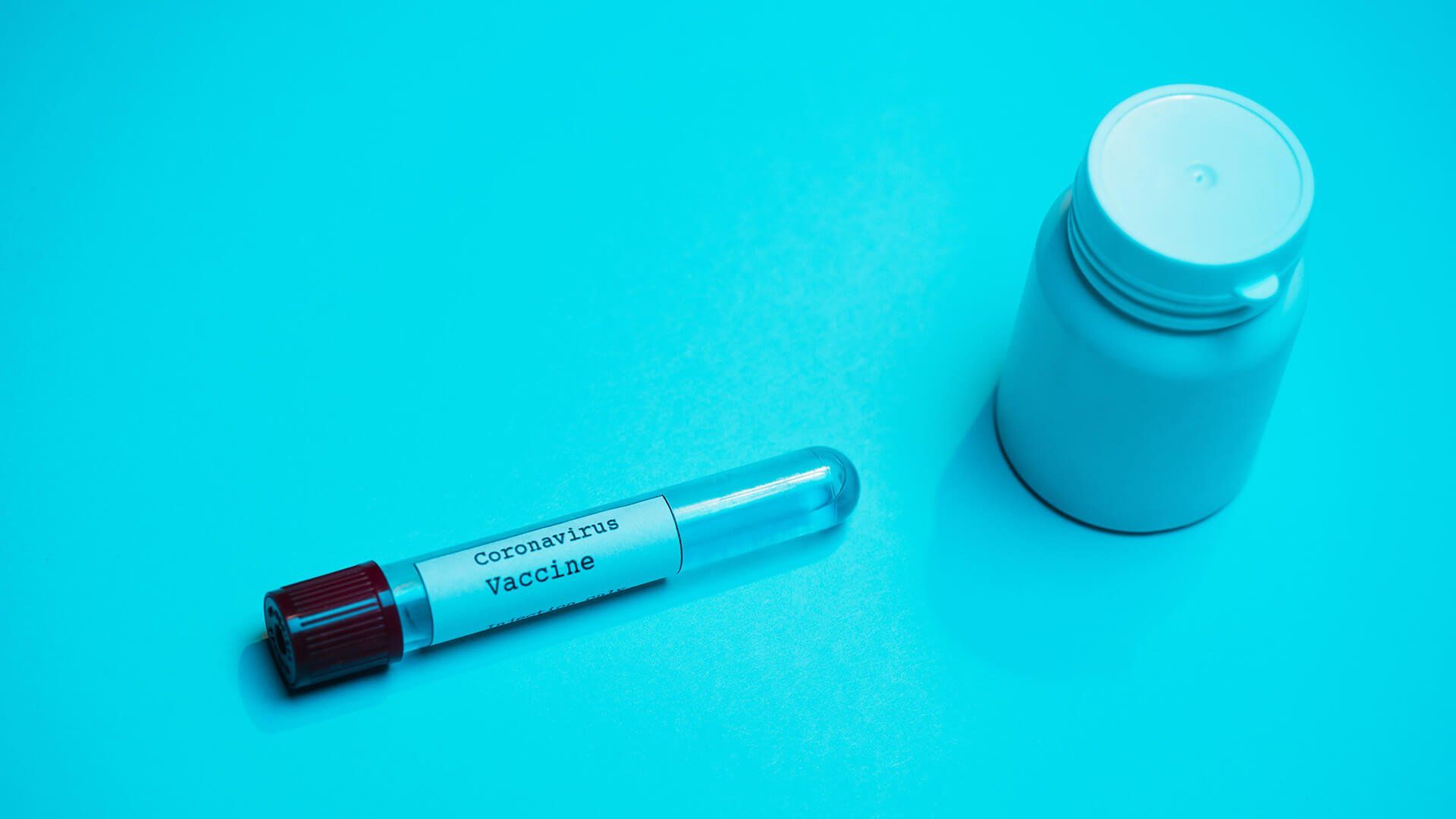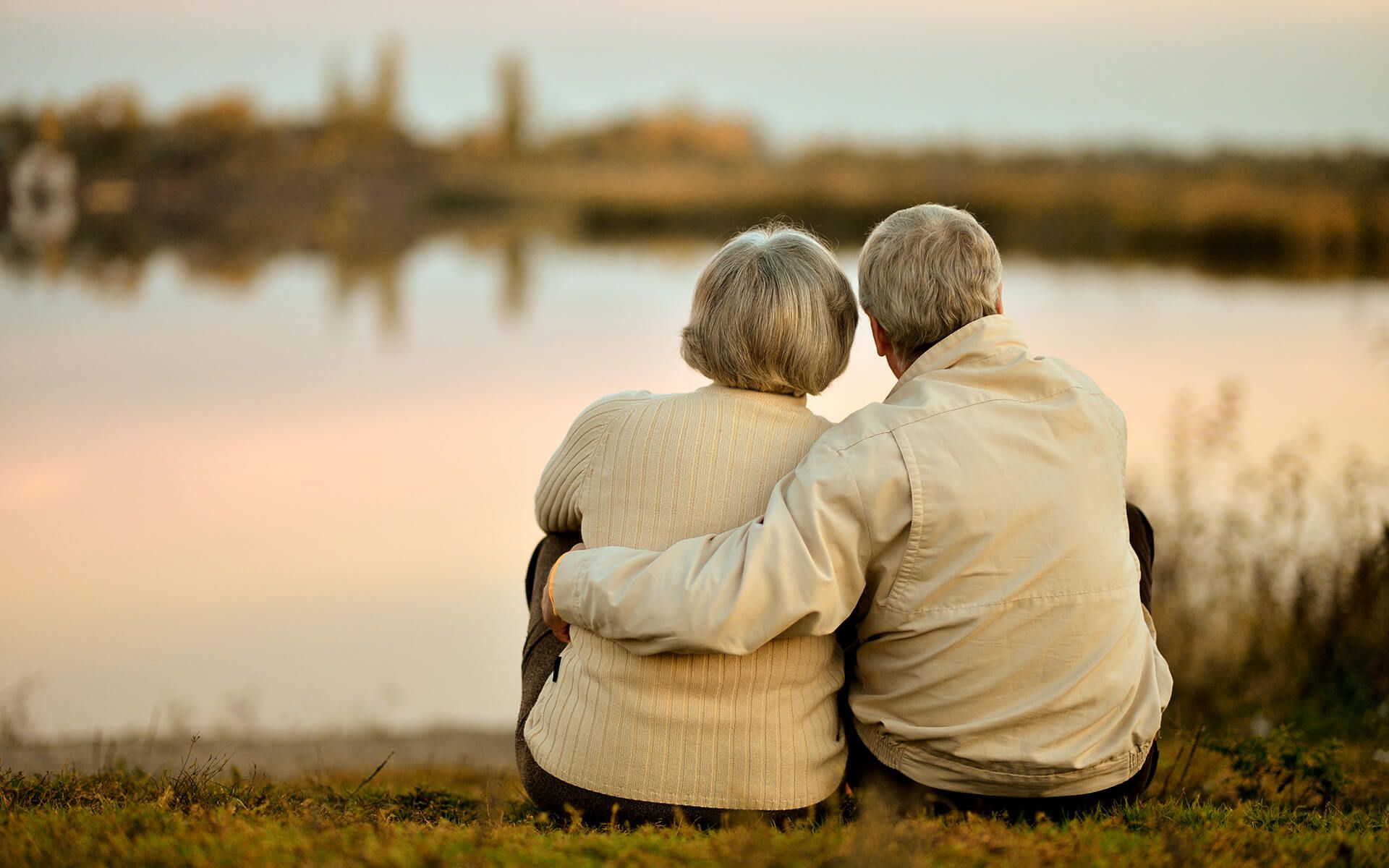COVID-19 and Patients with Cancer
April 2, 2020
For all of us, these can be troubling times, full of changing information about COVID-19 statistics, new information from abroad and in Australia, and lots of changes to personal circumstances for us and our families.
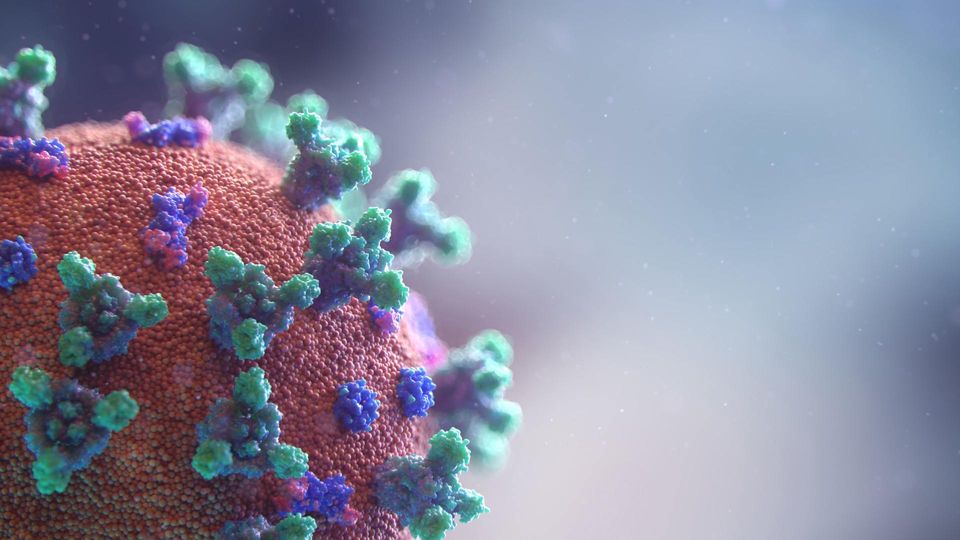
For patients with cancer or their loved ones, things can be especially intense/ worrying/ confusing. They might have questions like: how will all of this affect me? How will my cancer be treated if the health system is under stress from COVID-19? What is my risk of contracting the COVID-19 infection?
All of this concern is understandable, and some of it makes sense to think about. Patients should talk to their treating team about this. It is well known from experience in China and elsewhere that patients with other medical conditions such as cancer can have worse outcomes if they do become infected with COVID 19. Some treatments for cancer (not all) can lead to suppressed immunity making catching the virus easier, and dealing with it harder.
Some treatments for patients with cancer may change over the coming weeks and months. Often there are gentler choices of treatment which may be as effective but lead to fewer potential side effects. Sometimes breaks in treatment can be offered without compromising long term outlook. Sometimes priorities and timing of operations, chemotherapy and radiotherapy may change depending on the situation.
Recommendations for patients with cancer:
Patients with cancer should follow the advice of the Department of Health. In particular, it is important that patients isolate themselves at home. Visits to the supermarket, pharmacies, or medical centres can still continue, although for some it may be best to have other family members do this for patients.
Hand washing is important because the virus that causes COVID-19 is destroyed by soap. When people are out and about and touching surfaces or people that may have the virus on them, as long as ones’ hands are washed the virus will be destroyed.
Cancer patients may become so focused on the risk that COVID 19 brings that they may ignore symptoms relating to the cancer- it is important that in combination with the treating team, one keeps on the front foot with respect to managing the cancer. Likewise, during this time when COVID-19 remains so much of the focus , it is important to note that other medical conditions like cancer could still arise. The earlier cancers are found the better, so patients should not put off getting assessed for concerning symptoms by their GPs if there are concerns.
Ways to improve quality of life for patients with cancer:
During this time, it is important to keep exercising, maintain a healthy diet, and generally look after oneself. Exercise remains important in maximising lung function, improving general wellness, and reducing risks of heart and lung conditions, and diabetes. As long as one keeps distance from others and doesn’t touch playground equipment etc, it would be very unlikely to risk catching anything from a walk in the great outdoors.
Managing anxiety and worry during this time is also particularly important, and all of us will experience fluctuations in how we feel about the general situation, finances, and all the other worries of a complicated world. Overly worrying, or allowing worry to ruin one’s quality of life, sleep, and relationships, however, seems counterproductive.
There are various techniques to deal with anxiety and worry. One of the most useful is meditation or mindfulness. This allows for focussing on the present, not worrying bout the future or the past, and getting the most out of the current day and small activities and pleasures in it. Smiling mind is one app that is one of many apps that might be appropriate to look into. Beyond blue, Headspace, and Lifeline are some of many options that one can access. A good first step would be to talk to the GP about how one is coping.
Social interactions have never been so crucial and have never been so hard to achieve! Often the only thing we can do is talk by phone or computer, which can seem stilted at first but with a bit of regularity can become the norm.
Cancer Services:
Cancer services are all functioning as “essential services”, both in Ballarat and more regionally. There are extensive resources about COVID-19 and cancer patients which are available to Cancer services. Often consultations can be carried out by telephone or tele-health.
There is good communication and cooperation between the public and private sectors in this environment, all working together to keep patients with cancer well.
So keep safe, strong and well- one day this crisis will pass and everything will come back to a new normal. Between now and then, there are lots of good things available within ourselves and between each other, to keep us going.
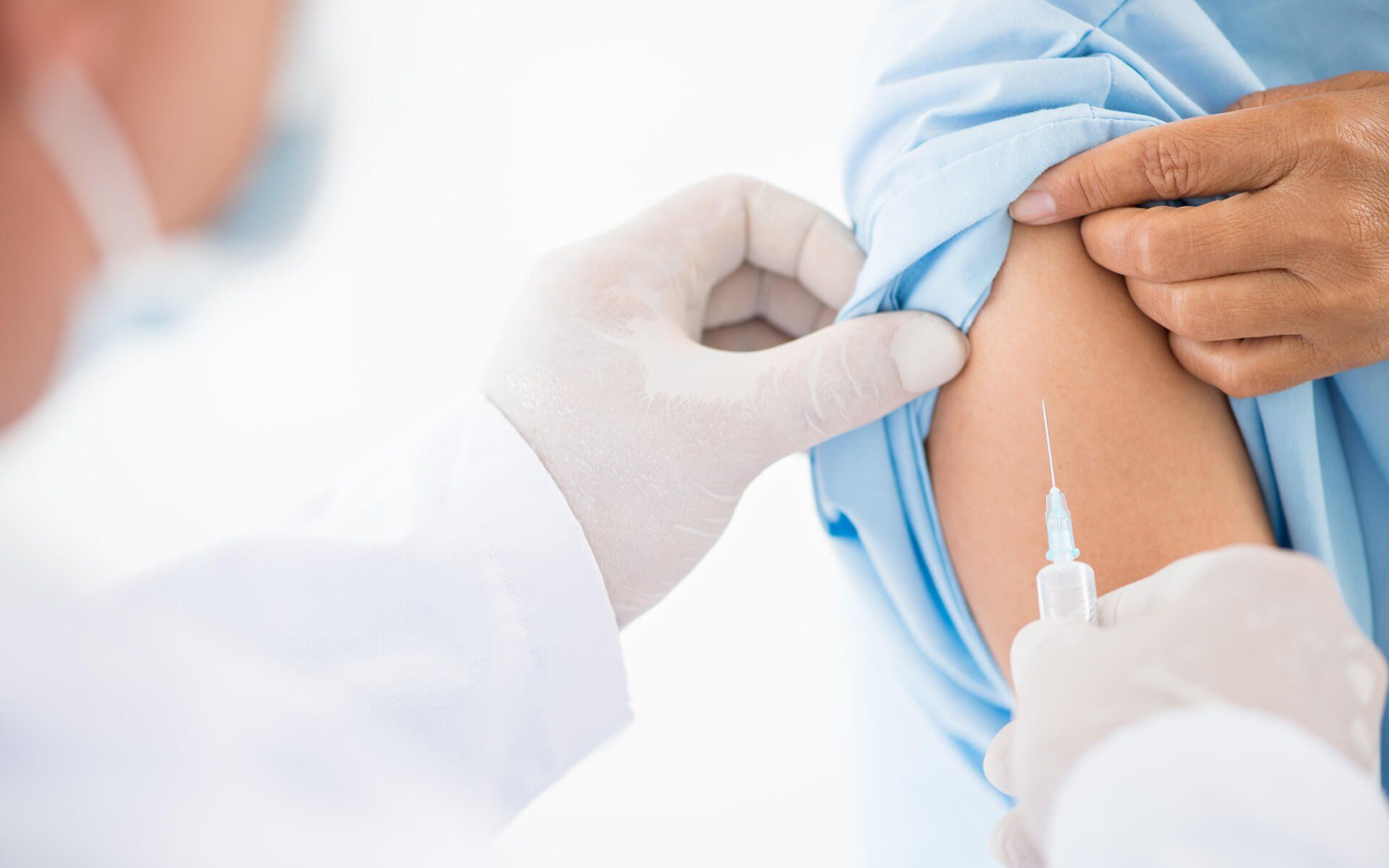
The Australian Technical Advisory Group on Immunisation (ATAGI) has approved a fourth dose of a COVID-19 vaccine for people with weakened immune systems.
People aged 18 years or older with weakened immune system who received a 3-dose primary course of the COVID-19 vaccine are now recommended to receive the fourth dose ≥ 3 months after their third dose. This is expected to improve protection against symptomatic infection, serious illness, or death from COVID-19 infection.
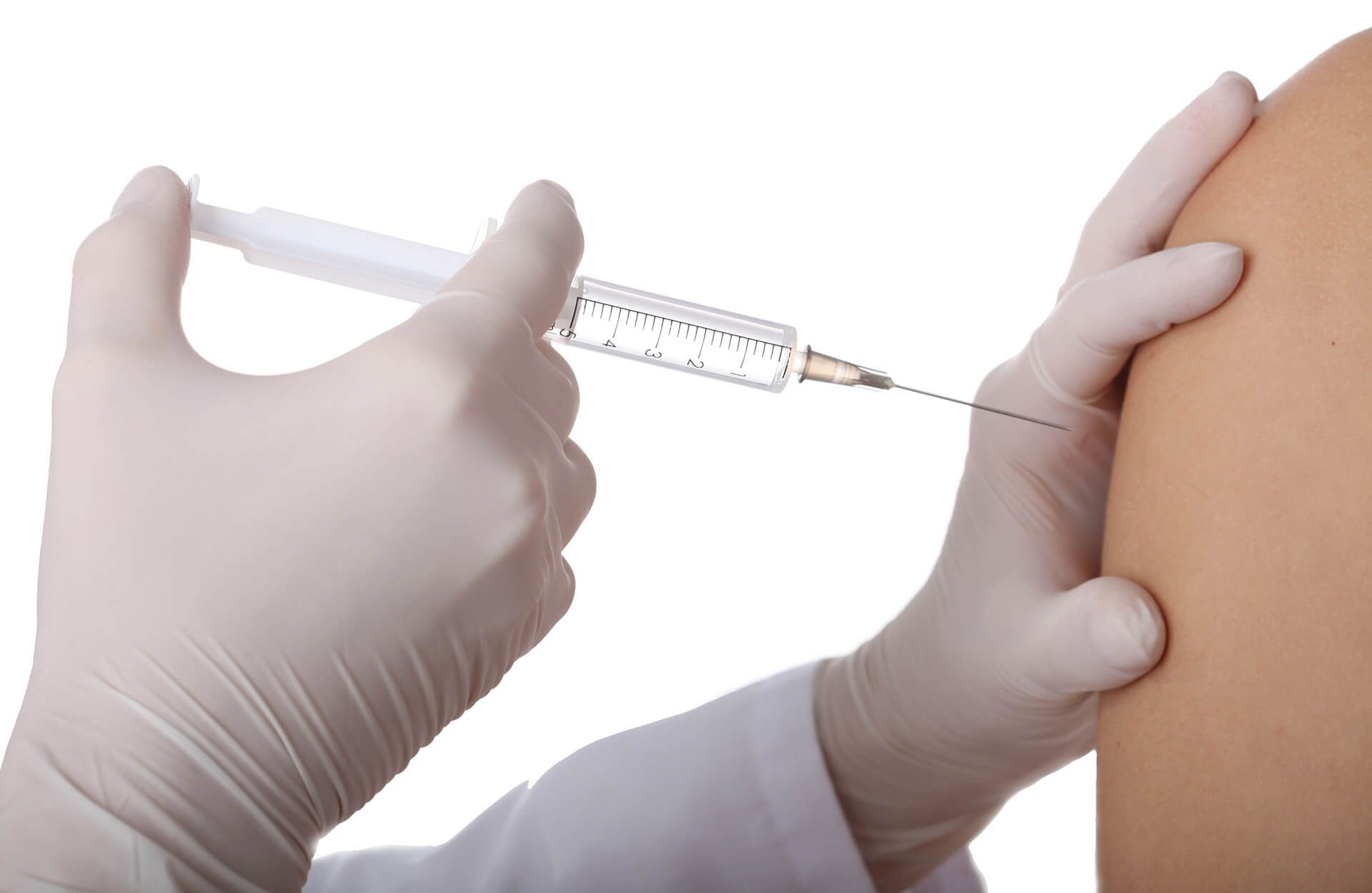
The Government and the Medical advisory group (ATAGI) have release new recommendations last week for individuals who are severely immunocompromised in regards to the COVID-19 vaccine. These recommendations will affect some (but not all) of our patients. As always, we are happy to discuss any of the recommendations further with all of our patients.
